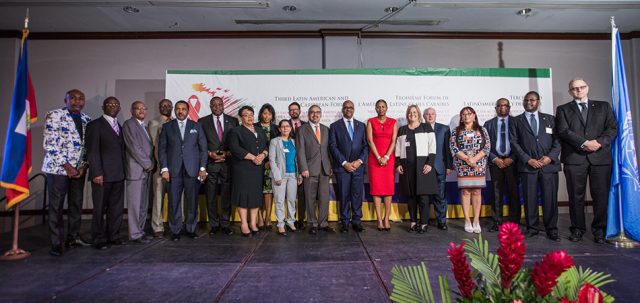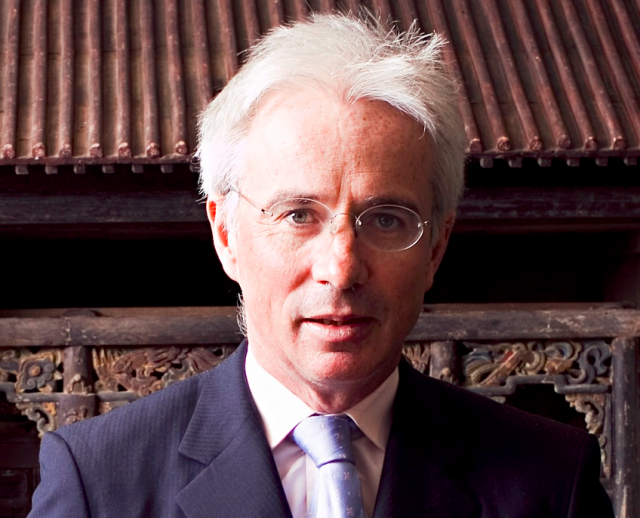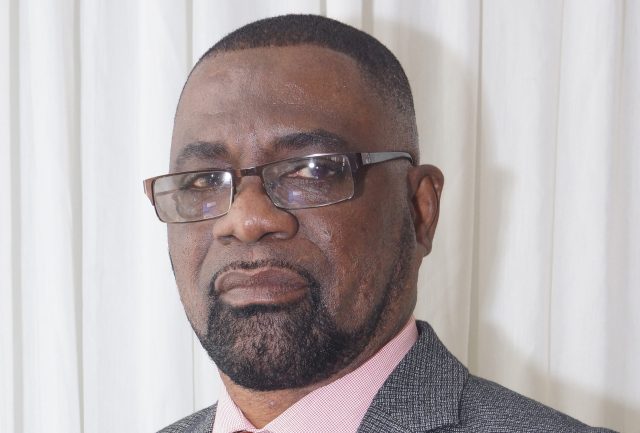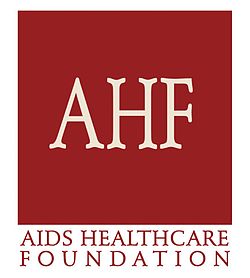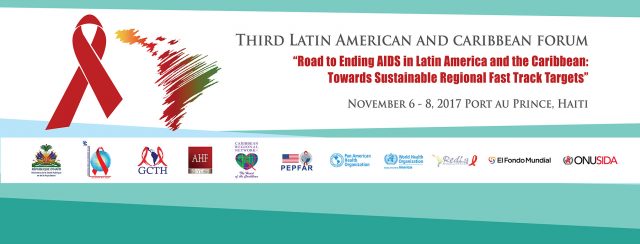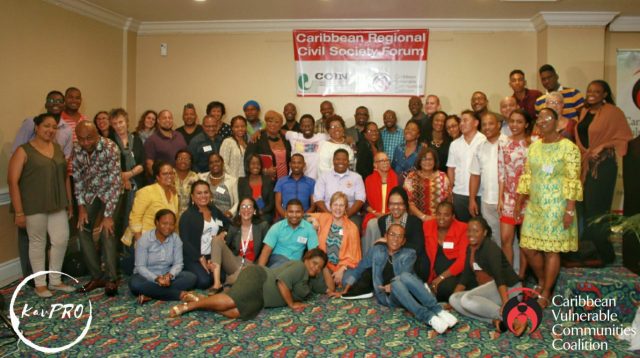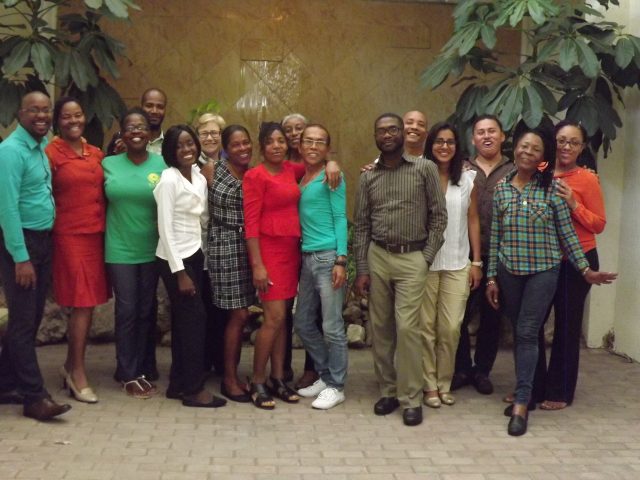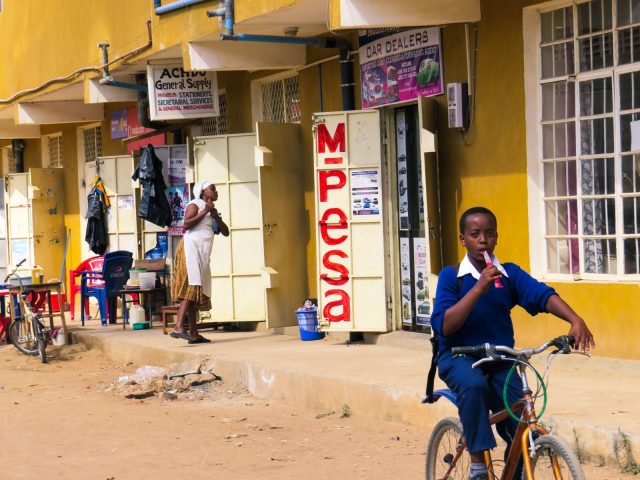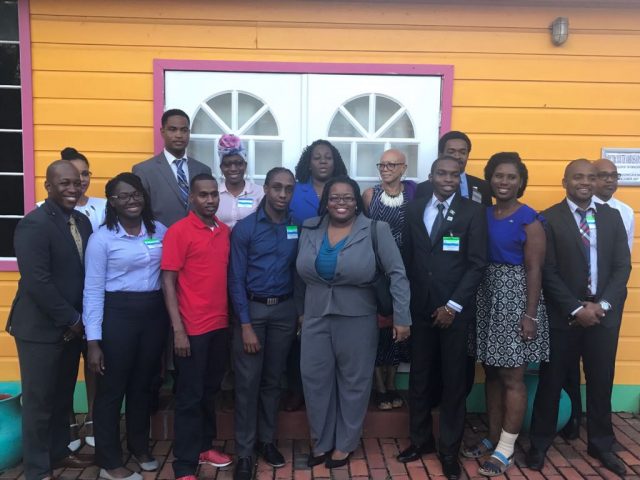Port-au-Prince, 10 November 2017 (PAHO/WHO-UNAIDS) — Civil society, government, private sector and development partners from Latin America and the Caribbean (LAC) concluded three days of deliberations in Port au Prince, Haiti with a Call to Action outlining the principles and actions that would set the region on track to achieve a sustainable HIV response, aligned with the Sustainable Development Goals. The Third Latin American and Caribbean Forum on Sustainability of the HIV Response, “Road to Ending AIDS in LAC: Towards Sustainable Regional Fast-Track Targets”, was held from 6th to 8th November 2017 and brought together more than 200 participants. The forum was organized by the Government of Haiti, UNAIDS, PAHO/WHO, people living with HIV and other partners.
The objectives of the third forum were to review the progress and challenges towards meeting international and national targets; to discuss strategies to sustain the response in the medium and long-term including reflection on how to improve health systems effectiveness, efficiency and appropriate resource allocations; and to identify recommendations on how to close the resource gaps, specifically by increasing domestic investments.
Through the 2016 Political Declaration on ending AIDS and the Sustainable Development Goals, the world has pledged to end the AIDS epidemic as a public health threat by 2030. Countries have committed to a “Fast-Track” approach which includes a commitment to close the global HIV and AIDS resource gap and to fully fund the HIV and AIDS response. In both Latin America and the Caribbean, the resources allocated to the HIV response remain lower than what is needed to achieve the Fast-Track Targets by 2020. Donor dependency is especially high for prevention with proven impact for key and vulnerable populations.
In 2016, there were 2.1 million people living with HIV in Latin America and the Caribbean. From 2010 to 2016 there has been a 19% reduction in the number of AIDS-related deaths. At present 56% of all people living with HIV in the region are on antiretroviral treatment. Of concern is the fact that new infections have remained stagnant at an estimated 120,000 each year since 2010. Inaction would lead to further resource needs that will increase the cost of responding to the epidemic. This could translate into lives lost and a heavy burden on public finances.
Winfield Tannis Abbott, Chair of the Caribbean Regional Network of People Living with HIV, emphasized that the work on sustainability must be underpinned by human rights principles: “Civil society organizations in this region are united in our insistence that ending AIDS is not just about drugs and sustainability is not just about money. To get the best returns on investments we must place special focus on human development, access to social justice for all and the particular needs of key and vulnerable communities.”
As result of this Third Forum in Port-au-Prince, participants agreed on key recommendations to reduce budget gaps, make public expenditure more efficient and equitable and maximize the use of non-financial resources. They also called for a number of actions by governments, civil society, donors and the United Nations to achieve sustainable HIV responses. The resulting Call to Action of Port-au-Prince document is based on the principles of Human Rights and Universal Health, and adopts the core values of the right to health, equity, and solidarity beyond financial sustainability.
“Current sustainability challenges towards ending the AIDS epidemic as a public health threat by 2030 go well beyond financing. We need a framework that leads to a comprehensive approach to address challenges associated with the organization of health service delivery and the model of care, the stewardship role of national health authorities and governance of the health system, as well as intersectoral action. The Regional Strategy for universal health provides such a framework,” said Dr. Amalia Del Riego, chief of the Health Services and Access Unit of the Pan American Health Organization.
“Ending the AIDS epidemic is a shared responsibility, requiring political commitment and increases in both international and domestic investment in the AIDS responses. This Call to Action lays the foundation for developing and implementing the rapid expansion of an efficient, effective, integrated and sustainable HIV response.” said Dr. César Núñez, Regional Director of the UNAIDS Latin America and Caribbean Regional Support Team.
Call to Action of Port au Prince
The call to action is divided into 4 main sections.
Call to Latin America and Caribbean governments
Participants urge governments in the region to allocate at least six percent of Gross Domestic Product (GDP) to health while innovating to increase the fiscal space available for health investments. Recommendations for doing this include the reform of existing taxation systems. A key priority is increasing accountability by implementing mechanisms to strengthen data collection including disaggregation by gender and key population, storage, analysis and dissemination of information aligned with the national health information systems to inform decision making, investments and planning, including information on HIV needs and expenditures. Governments are being asked to prioritize the meaningful involvement and funding of civil society organizations in support of an effective HIV response, particularly as it relates to increasing the access of key and vulnerable populations to HIV services.
Call to civil society organizations
Among other actions, participants urge civil society to continue, expand and build advocacy efforts to mobilize domestic resources and monitor budget allocation and expenditures. Greater investment in civil society and community-based service delivery is critical to the Fast-Track approach. Participants also call on civil society to participate in the preparedness processes of countries transitioning out of external donor support and to ensure transition plans adopt a multi-sectoral approach.
Call to donor governments and multilateral funding mechanisms
Participants call on donor governments and multilateral funding mechanisms to support a planned, measured and effective transition from donor funding to domestic reliance for the HIV response and to strengthen coordination to ensure that there is no duplication of donor support. They also urge donors to continue supporting the work of global, regional and national civil society organizations, particularly those working with Key Populations and groups in conditions of vulnerability.
Call to the United Nations
In the call to action, the UN is urged to promote horizontal technical cooperation such as the Horizontal Technical Cooperation Group (GCTH) and the use of evidence-based and highly effective interventions to prevent and treat HIV, and other related diseases as well as to reduce stigma and discrimination. The UN is also called to support the strengthening of governance capacity of LAC governments, particularly within Ministries of Health, in order to strengthen capacity for leadership of the HIV response. Participants indicate that PAHO and UNAIDS should be supported to monitor and report against the actions in the Call to Action, including collaboratively establishing indicators and targets.
About the LAC III Forum
This forum was organized as a collaborative effort by the Government of Haiti, in coordination with the Horizontal Technical Cooperation Group (GCTH), the Pan Caribbean Partnership Against HIV/AIDS (PANCAP), the Minister of Health of Brazil, the Joint United Nations Programme on HIV/AIDS (UNAIDS), the Pan American Health Organization (PAHO), the Global Fund Against AIDS, Tuberculosis and Malaria, the President’s Emergency Plan For AIDS Relief (PEPFAR), AIDS Healthcare Foundation (AHF), the Latin American Network of People Living with HIV (REDLA+) and the Caribbean Network of People Living with HIV and AIDS (CRN+).
Media contacts:
Stéphanie Renauld Armand
+ 509 3442 0841
stephanie@wellcomhaiti.com
French-speaking journalists
Michela Polesana
+ 507 69494371
polesanam@unaids.org
Spanish-speaking journalists
Cedriann Martin
+ 1 876 396-7610
martinc@unaids.org
English-speaking journalists
Daniel de Castro
decastrod@unaids.org
Portuguese-speaking journalists
PAHO/WHO
Leticia Linn
Phone. + 1 202 974 3440
Mobile: +1 202 701 4005
E-mail: linnl@paho.org
Sebastián Oliel
Phone: +1 202 974 3459
Mobile: +1 202 316 5679
Email: oliels@paho.org
Daniel Epstein
Phone. +1 202 974 3579
E-mail: epsteind@paho.org
PAHO/WHO: www.paho.org

